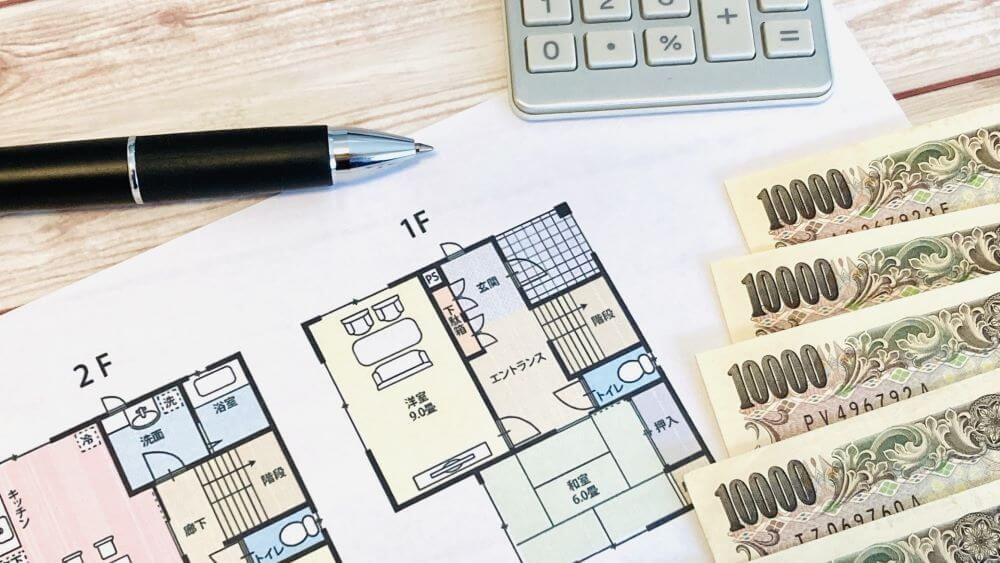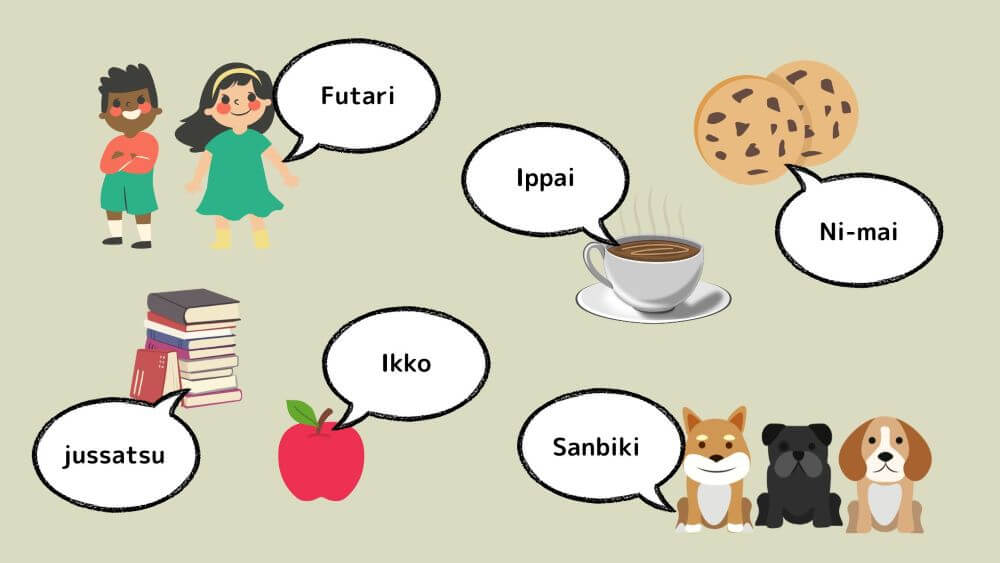Health is a very important topic in everyday life. To have conversations about health in Japanese, it is essential to know the basic vocabulary and expressions. In this article, we will introduce basic health-related terms, useful expressions, and common symptoms and diseases.
If you live in a big city like Tokyo, going to an English-speaking hospital or clinic is another option.
Basic Words Related to Health

Body parts
- 目 (め) [Me] – Eye
- 耳 (みみ) [Mimi] – Ear
- 鼻 (はな) [Hana] – Nose
- 口 (くち) [Kuchi] – Mouth
- 歯 (は) [Ha] – Tooth
- 首 (くび) [Kubi] – Neck
- 肩 (かた) [Kata] – Shoulder
- 腕 (うで) [Ude] – Arm
- 肘 (ひじ) [Hiji] – Elbow
- 手 (て) [Te] – Hand
- 指 (ゆび) [Yubi] – Finger
- 胸 (むね) [Mune] – Chest
- 腹 (はら) [Hara] – Abdomen/Stomach
- 背中 (せなか) [Senaka] – Back
- 腰 (こし) [Koshi] – Waist/Lower back
- 脚 (あし) [Ashi] – Leg
- 膝 (ひざ) [Hiza] – Knee
- 足 (あし) [Ashi] – Foot
- 足首 (あしくび) [Ashikubi] – Ankle
Health-related Nouns
- 健康 (けんこう) [Kenko] – Health
- 病気 (びょうき) [Byoki] – Illness/Disease
- 怪我 (けが) [Kega] – Injury
- 症状 (しょうじょう) [Shojo] – Symptom
- 薬 (くすり) [Kusuri] – Medicine
- 医者 (いしゃ) [Isha] – Doctor
- 看護師 (かんごし) [Kangoshi] – Nurse
- 病院 (びょういん) [Byoin] – Hospital
- クリニック [Kurinikku] – Clinic
- 診察 (しんさつ) [Shinsatsu] – Medical examination
- 処方箋 (しょほうせん) [Shohosen] – Prescription
- 救急車 (きゅうきゅうしゃ) [Kyukyu-sha] – Ambulance
- 保険証 (ほけんしょう) [Hokensho] – Health insurance card
- アレルギー [Arerugi] – Allergy
- 採血 (さいけつ) [Saiketsu] – Blood draw
- レントゲン [Rentogen] – X-ray
- 診断 (しんだん) [Shindan] – Diagnosis
Health-related Verbs
- 治す (なおす) [Naosu] – To heal/cure
- 診る (みる) [Miru] – To examine (medically)
- 処方する (しょほうする) [Shohō suru] – To prescribe
- 予防する (よぼうする) [Yobō suru] – To prevent
- 手術する (しゅじゅつする) [Shujutsu suru] – To operate
- 回復する (かいふくする) [Kaifuku suru] – To recover
Health-related Adjectives
- 痛い (いたい) [Itai] – Painful
- 熱い (あつい) [Atsui] – Hot (to touch)
- だるい [Darui] – Weary
- かゆい [Kayui] – Itchy
- 苦しい (くるしい) [Kurushii] – Painful, distressing
- 寒い (さむい) [Samui] – Cold
- 吐き気がする (はきけがする) [Hakike ga suru] – To feel nauseous
Useful Health-related Expressions
- ~が痛いです (~がいたいです) [~ ga itai desu] – ~ hurts
- ~が出来ません (~ができません) [~ ga dekimasen] – I can’t ~
- ~が止まりません (~がとまりません) [~ ga tomarimasen] – I can’t stop ~
- ~に違和感があります (~にいわかんがあります) [~ ni iwakan ga arimasu] – I feel discomfort in ~
These expressions can be used with body parts and symptoms to describe various health conditions.
Examples:
- “頭”が痛いです[Atama ga itai desu] – “My head” hurts.
- “目を開けること”ができません [Me wo akerukoto ga dekimasen] – I can’t “open my eyes.”
- “震え”が止まりません [Furue ga tomarimasen] – I can’t stop “shivering”.
- “お腹”に違和感があります [Onaka ni iwakan ga arimasu] – I feel discomfort in “my stomach”.
Common Symptoms

- 頭痛 (ずつう) [Zutsū] – Headache
- 発熱 (はつねつ) [Hatsunetsu] – Fever
- 咳 (せき) [Seki] – Cough
- 鼻水 (はなみず) [Hanamizu] – Runny nose
- 喉の痛み (のどのいたみ) [Nodo no itami] – Sore throat
- 腹痛 (ふくつう) [Fukutsū] – Abdominal pain
- 吐き気 (はきけ) [Hakike] – Nausea
- 下痢 (げり) [Geri] – Diarrhea
- 寒気 (さむけ) [Samuke] – Chills
- 震え (ふるえ) [Furue] – Trembling/shivering
Common Illnesses and Injuries
- 風邪 (かぜ) [Kaze] – Common cold
- インフルエンザ [Infuruenza] – Influenza (flu)
- 花粉症 (かふんしょう) [Kafunsho] – Hay fever, Pollen allergy
- 喘息 (ぜんそく) [Zensoku] – Asthma
- 高血圧 (こうけつあつ) [Koketsuatsu] – Hypertension, High blood pressure
- 糖尿病 (とうにょうびょう) [Tōnyōbyō] – Diabetes mellitus
- 胃潰瘍 (いかいよう) [Ikaiyō] – Gastric ulcer, Stomach ulcer
- うつ病 (うつびょう) [Utsubyō] – Depression
- 心臓病 (しんぞうびょう) [Shinzōbyō] – Heart disease
- 骨折 (こっせつ) [Kossetsu] – Fracture
- 捻挫 (ねんざ) [Nenza] – Sprain
- 打撲 (だぼく) [Daboku] – Contusion, Bruise
- 切り傷 (きりきず) [Kirikizu] – Cut, Laceration
- 擦り傷 (すりきず) [Surikizu] – Abrasion, Scrape
- 火傷 (やけど) [Yakedo] – Burn
- 脱臼 (だっきゅう) [Dakkiū] – Dislocation
- 筋肉痛 (きんにくつう) [Kinnikutsū] – Muscle strain, Muscle soreness
Knowing Japanese words and expressions related to health is extremely useful for communication in medical settings and for managing health in daily life. It’s also important to note down emergency contact information in case of emergencies. For those who are unsure which hospital to go to, please refer to the “Medical Departments Guide in Japan.”


